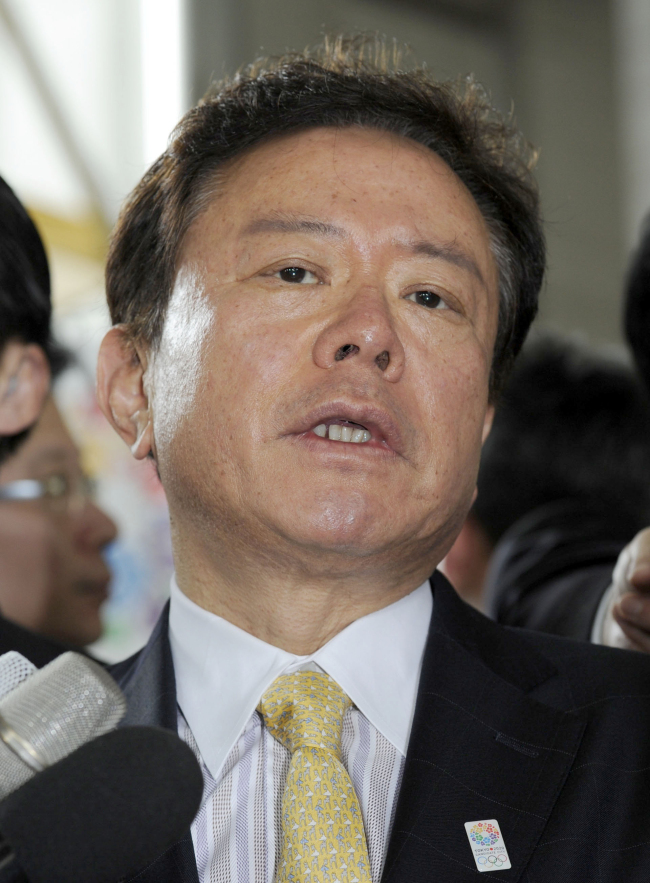Promotional interviews seldom go so badly.
Tokyo Gov. Naoki Inose has been forced to apologize to the Muslim world over remarks made in an interview with the New York Times about his city’s bid to host the 2020 Olympic and Paralympic Games.
His comments alluding to rival bidder Istanbul, Turkey, were seen as Islamophobic and in breach of the International Olympic Committee rules.
In trying to explain why being the first Muslim country to host the Olympics was not a good reason for winning, Inose said that “from time to time, like Brazil, I think it’s good to have a venue for the first time. But Islamic countries, the only thing they share in common is Allah and they are fighting with each other, and they have classes.”
 |
Tokyo Gov. Naoki Inose. (AP-Yonhap News) |
This was interpreted by some as meaning that Muslim countries were inherently violent.
“Associating Islam with fighting is unfair towards the religion as well as towards humanity,” Mustafa Kamalak, chairman of Turkey’s minor conservative Felicity Party told Today’s Zaman, a Turkish newspaper.
Inose said that he was misunderstood.
“I said (people) are fighting in some Islamic countries,” he told press in an apology Tuesday, accepting that the comment was still inappropriate.
But the NYT report also said that Inose repeatedly described Japanese culture as “unique and by implication superior,” suggesting among other things that cultural differences explained disparities in life expectancy.
“If they want to live long, they should create a culture like what we have in Japan. There might be a lot of young people, but if they die young, it doesn’t mean much,” he said in response to a suggestion that Istanbul’s youthful population helped its bid.
Inose had said the article did not reflect the overall interview and indicated that he had been quoted out of context, but later conceded that the report was accurate.
Even if the most serious criticisms can be passed off as miscommunication, the IOC bans bidding cities from commenting on their rivals.
His general comments will also likely reinforce Japan’s reputation for looking down on people of other cultures and nationalities. The prejudiced nature of his comments would spark serious political fallout in most other developed democracies.
But Japanese criticism seems mainly focused on the damage to the city’s Olympic bid.
It is quite likely that the Tokyo governor spoke more broadly about his own city’s bid and positive points. But it is hardly surprising that the reporters focused on the parts of the interview that they considered most newsworthy.
By Paul Kerry (
paulkerry@heraldcorp.com)








